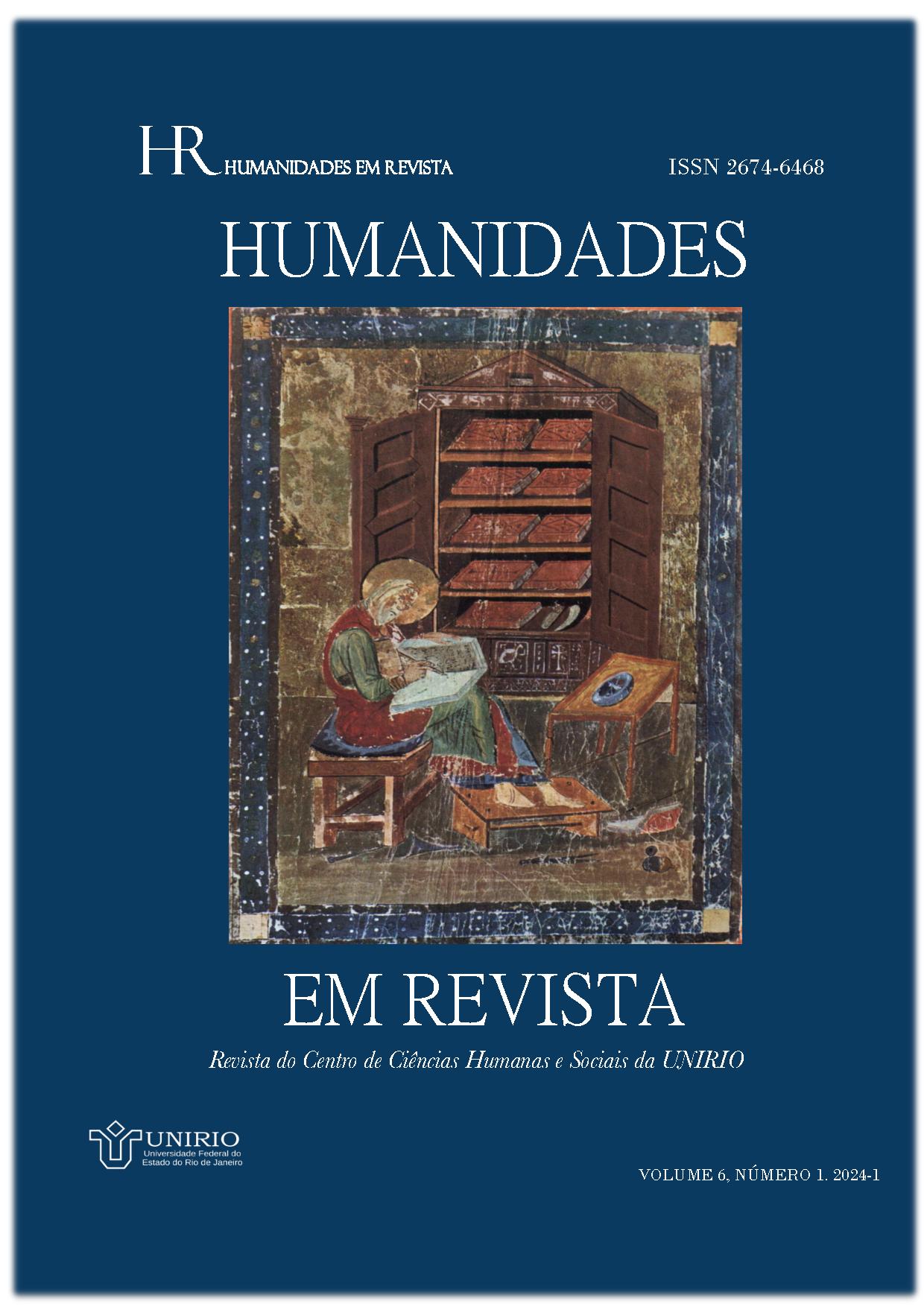A ORGANIZAÇÃO HISTÓRICA E ÉTICA DAS UNIDADES DE TERAPIA INTENSIVA, OS PRIMEIROS CEM ANOS
Keywords:
Cuidados Críticos; Epistemologia Social; Bioética; Florence Nightingale; Triagem.Abstract
This article aims to show the historical formation of intensive care units as spaces guided by ethical rules and organized according to the advances in scientific knowledge in health. Rescuing the lives of patients at risk of death is the main ethical objective that guides work in intensive care units. Since the first ICU, created by Florence Nightingale during the Crimean War (1853-1856), and in the hundred years that followed, the preponderant role of nursing became evident, both in the organization of hospital space, and in the surveillance and monitoring of patients. The emergence of organic support technologies has transformed the ICU into a space not only for surveillance, but also for therapeutic interventions.
Downloads
Downloads
Published
How to Cite
Issue
Section
License
Copyright (c) 2024 Renata Breves Nogueira da Silva

This work is licensed under a Creative Commons Attribution-NonCommercial-NoDerivatives 4.0 International License.
Os direitos autorais de qualquer trabalho publicado na Revista pertencerão aos autores. Não haverá qualquer pagamento pela publicação na Revista e a aceitação dos originais implicará na aceitação das condições descritas nas informações sobre a revista constantes do escopo e de todas as regras apresentadas, assim como o respeito à legislação e às normas vigentes concernentes a publicações. A UNIRIO e seus entes subordinados não se responsabilizarão por quaisquer equívocos, questões e contendas entre autores, participantes e/ou entes institucionais que sobrevenham às publicações. O e-mail do autor será disponibilizado no trabalho.
A revista oferece acesso livre imediato ao seu conteúdo, seguindo o princípio de que disponibilizar gratuitamente o conhecimento científico ao público proporciona maior democratização mundial do conhecimento, sempre dentro dos limites da legislação de direito de autor e de direitos conexos. É adotada a licença Crative Commons do tipo “Atribuição-Não Comercial-Sem Derivações 4.0 Internacional (CC BY-NC-ND 4.0)”, acessível em: https://creativecommons.org/licenses/by-nc-nd/4.0/legalcode.pt , segundo a qual, em linhas gerais, é permitindo fazer o download dos trabalhos e o seu compartilhamento para fins educacionais, desde que sejam atribuídos os créditos a seus autores, citando também o repositório dos trabalhos, e sem que se possa alterar o material de nenhuma forma ou utilizá-lo para fins comerciais.








